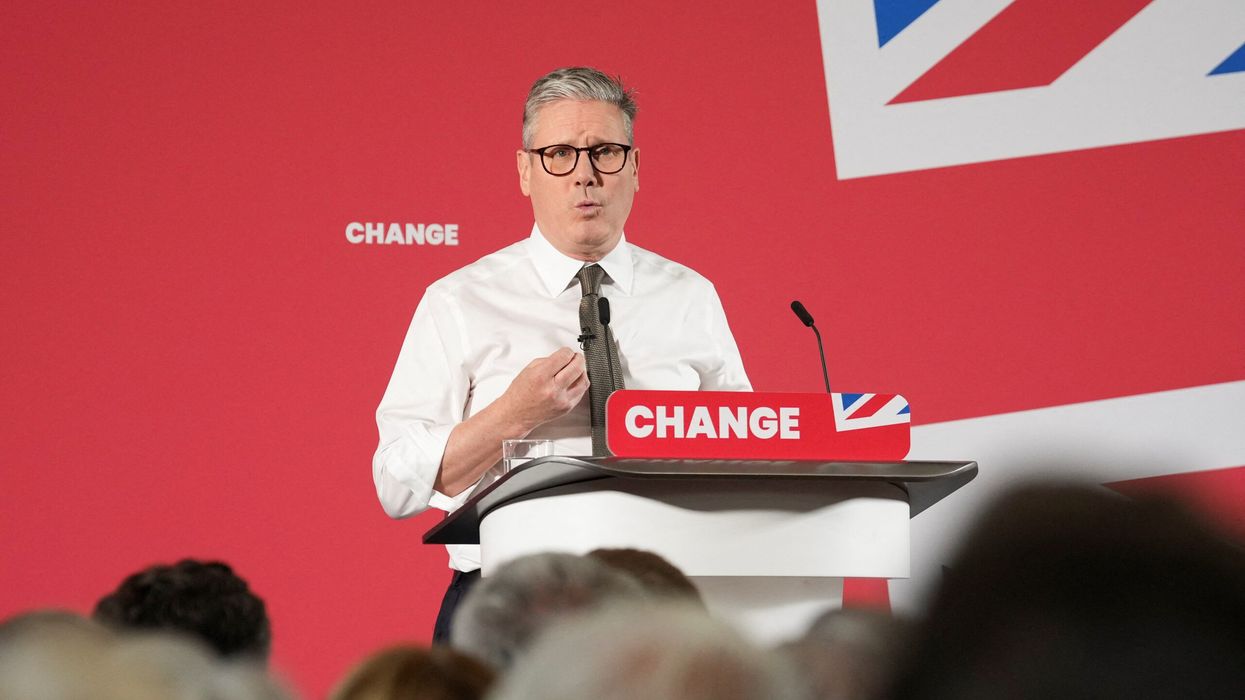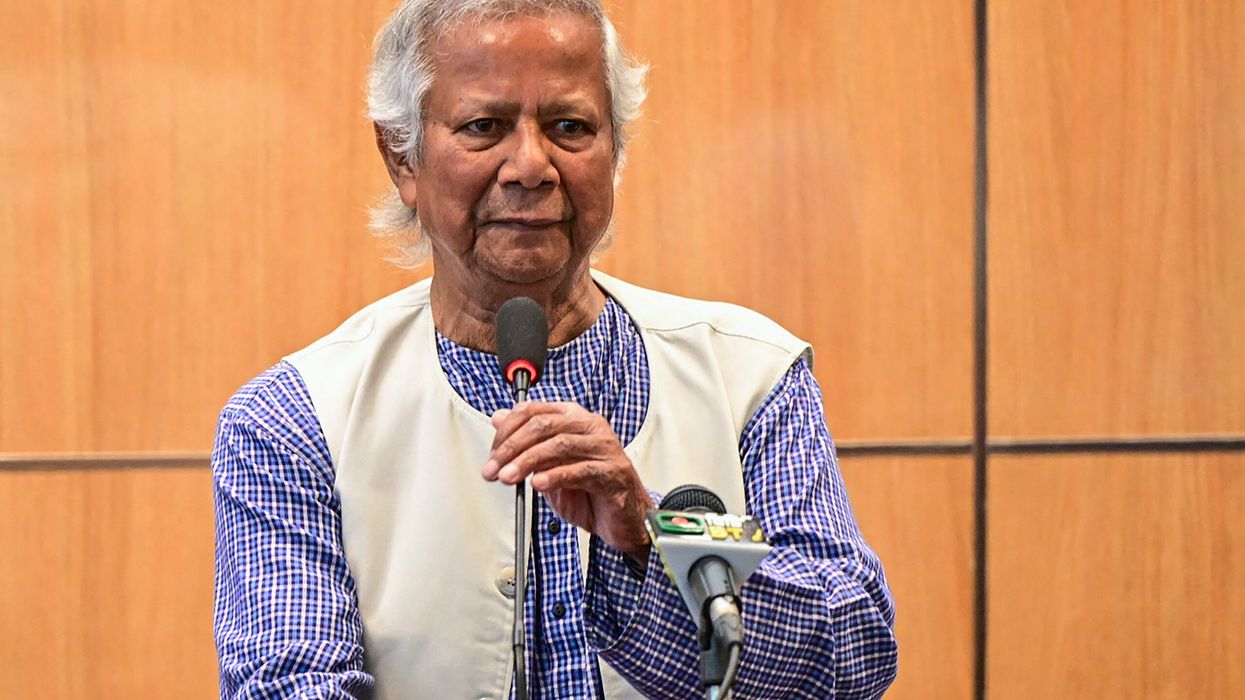THE Labour party on Thursday (21) launched its manifesto for the December 12 General Election with a pledge to institute an audit into the country’s colonial past, which would include an apology to India for the Jallianwala Bagh massacre in Amritsar 100 years ago.
Former British prime minister Theresa May had stopped short of a formal apology earlier this year when she expressed “deep regret” for the colonial era attack on Vaisakhi to coincide with its 100th anniversary this year.
In the 107-page manifesto titled It’s Time for Real Change launched by Labour leader Jeremy Corbyn, the party has pledged to go further on the issue and apologise. The document also commits Labour to constitute a judge-led inquiry into Britain’s "injustices of the past", including a public review of the country’s role in Operation Blue Star – referred to as the “Amritsar massacre”.
“We will issue a formal apology for the Jallianwala Bagh massacre, and hold a public review into Britain’s role in the Amritsar massacre,” notes the manifesto under the sub-head Effective Diplomacy.
In 2014, declassified UK government documents had revealed that British military advice was given to Indian forces prior to Indian Army intervention at the Golden Temple. There have been calls for a public inquiry into the exact nature of that advice from some British Sikh groups over the years.
Further down the same section, the Labour Party goes on to elaborate its plans to prioritise conflict prevention and build peace and makes a specific reference to the Kashmir conflict in the sub-continent.
“The Conservatives have failed to play a constructive role in resolving the world’s most pressing humanitarian crises, including in Kashmir, Yemen and Myanmar, and the escalation of tensions with Iran,” the manifesto notes.
Labour has come under pressure from Indian diaspora groups for an emergency motion passed at its party conference in September, which implied a call for international intervention in the region. The manifesto seems to have kept the wording on the subject limited to a mention among other humanitarian crises such as in Iran, Yemen and Myanmar.
As part of wider plans for a “New Internationalism”, the party says that within its first year of being elected to the UK Parliament, it would “conduct an audit of the impact of Britain’s colonial legacy to understand our contribution to the dynamics of violence and insecurity across regions previously under British colonial rule”.
The manifesto launch has been hailed by Corbyn as his party’s radical offering for the electorate in next month’s election, which would transform the UK and renationalise rail, mail, water and energy. Speaking at its launch event at Birmingham City University, the Labour leader claimed the policies were fully costed and popular as a “manifesto of hope” and promised a “legally binding” referendum on Britain’s membership of the European Union (EU).
"Over the next three weeks, the most powerful people in Britain and their supporters are going to tell you that everything in this manifesto is impossible. That it''s too much for you. Because they don''t want real change. Why would they? The system is working just fine for them. It''s rigged in their favour," said Corbyn, who hopes to win a majority in the polls to end the run of the Conservative Party in Parliament since the 2010 General Election.
"A Corbyn-led government would mean higher taxes, the chaos of two more referendums, and frightening levels of debt," a Conservative Party statement said in response to the manifesto.











